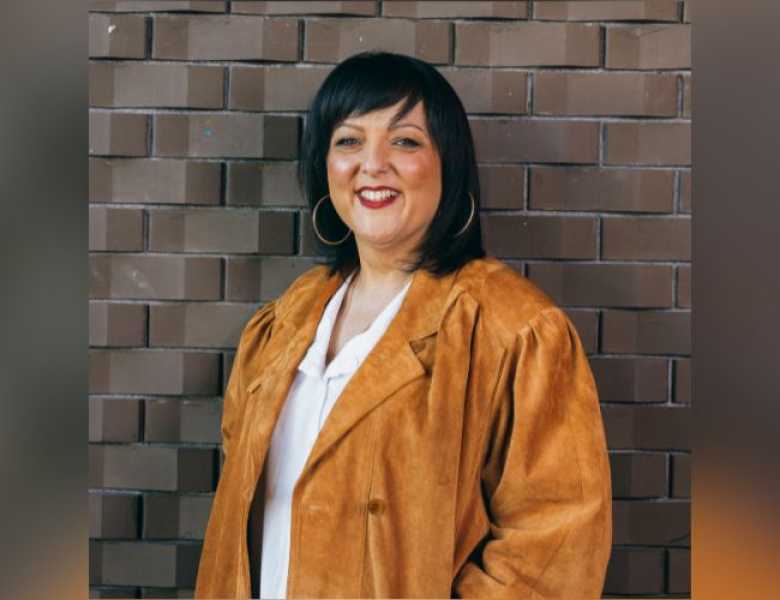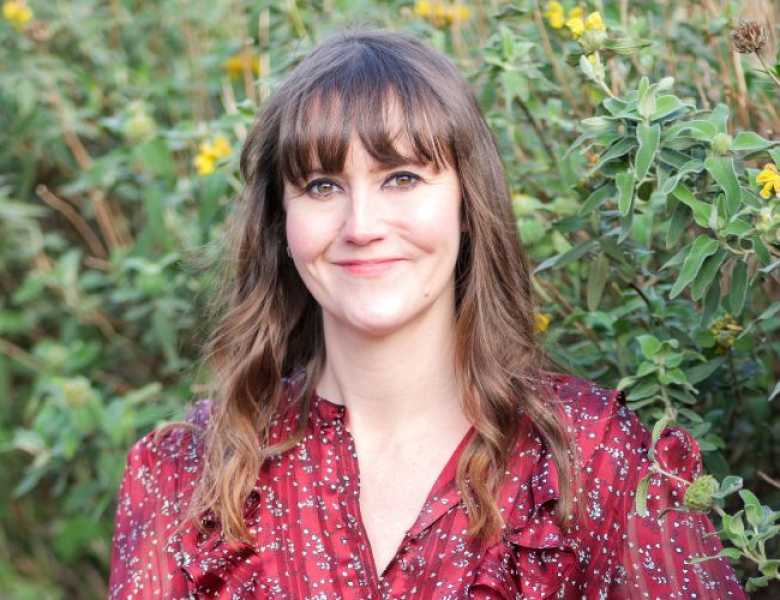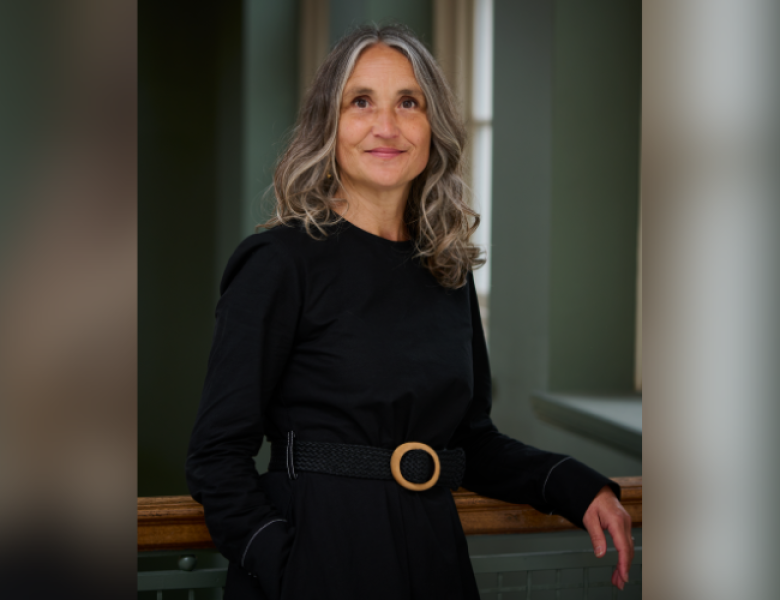Box Office
- CALL: 020 7922 2922
- EMAIL: boxoffice@youngvic.org
Visit us
Young Vic, 66 The Cut, Waterloo
London , SE1 8LZ
Newsletter Sign up
Sign Up TodayThis week as part of Refugee Week we spoke to Abdi Ali about his experiences of leaving Somalia for Canada, and having to claim asylum in England. Abdi is one of our Two Boroughs members and was a participant in Young Vic Taking Part’s production Go Between. What’s below is his story…
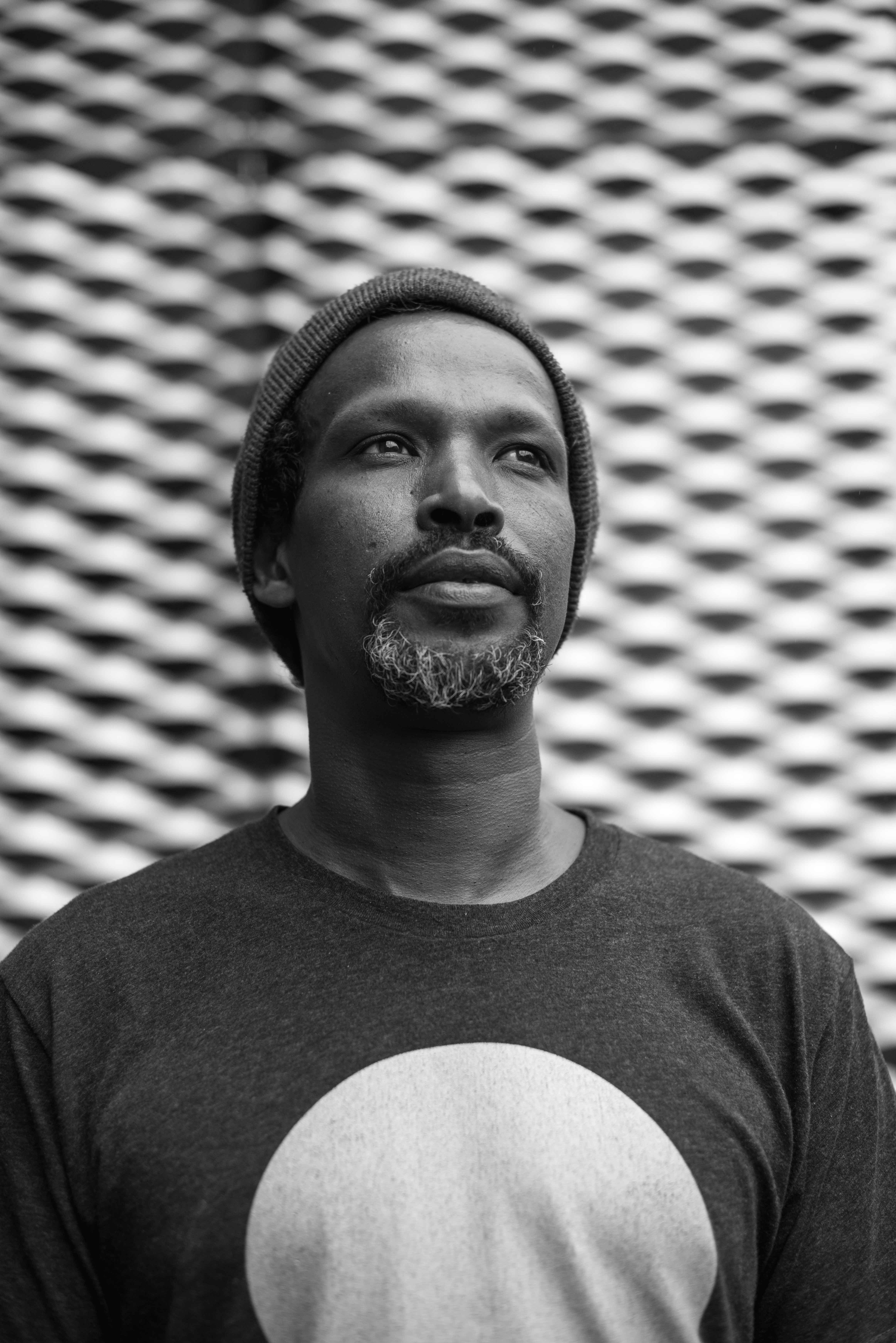 Abdi Ali. Photo by Jordan Lee
Abdi Ali. Photo by Jordan Lee Tell us what your experience was of coming here?
When I left Africa everything was like a dream. It didn’t hit me until I landed in Gatwick airport, and I was thinking shit what am I going to do.
I don’t think it sank in till I got here and I was 14 and I was at the airport, loads of people passing by, don’t speak the language, and I have to find a certain gate for my aeroplane going to leave from, and obviously I was travelling with this guy and the plan was I wasn’t going to talk to him. He was sitting a couple of seats in front. And I said OK. I will only speak to you if I have to and the plan was we walk off the plane and we walk up to gate 38. And I couldn’t find it, because to me I was just a kid and I just panicked. I couldn’t find it. I didn’t see him. He just disappeared into the crowds.
And I wandered round the airport from one place to another and before I knew it the immigration got the attention of this young boy wandering around the airport, and they called me and tried to get my attention, but I didn’t speak any English. This was in the 80s there wasn’t a lot of Somalis in the country, so they had to resort to this old British army guy and they had to get him all the way from Brighton and bring him over. And he spoke good Somali but the sort that my granddad would speak. I was kind of struggling as my language is kind of mixed up with slang, he was like proper Somali, and he interpreted for me and he says, “why are you here?” and I said I was going to Canada - and where am I anyway? - as I wasn’t even sure what country I was in. And he said, “You’re in England, and I said “I am going to Canada and this is my passport and this is my ticket.” And the minute I showed the passport they all laughed and said “Well, this isn’t yours.” The guy hadn’t even changed the picture. The plan was he was given money and he could have made efforts. But he didn’t. So the picture in my passport was of a forty something year old man from Tanzania. And immediately immigration said “well this is illegal. We can’t allow you to travel further. “
They said, “You have two choices- we know you have come from Somalia, and we know there are problems there so you can ask for asylum. Or we can send you back…” Staying here wasn’t an option for me. It was a weird scenario because they would bring us back to the airport in the morning and then take us back to a detention centre at night. For 30 days and every morning the same interview. Asking “do you accept your stay here?”, and I was like “no, I don’t know anybody here, I don’t speak the language who is gonna look after me?” A lot of people who I speak to, they think that as an asylum seeker or refugee you have already calculated what kind of benefits you are going to get. For me it was like – these people are telling me to stay here, and who is going to look after me, and that was my main concern. When I went back to the detention centre there were lots of other people who were staying there for all sorts of different reasons; some getting deported, and there was another Somali guy who could speak English and he interpreted for me, and there were a couple of Jamaican guys who were asking lots of questions – “why are you here?” And I was like, “I don’t want to stay here. I want to go to Canada and they won’t let me”, and they said “well, will they allow you to stay here?” and I said yes, and they said “Are you crazy ? Just accept it!” They are here trying every trick in the book not to be deported and I was actually refusing to stay in England. And I said “who is gonna look after me?”, they says, “oh they will look after you and you will get money and housing and stuff.”
After 30 days I went to the last interview and they got really serious – either we deport you back or you sign this document saying that you want to stay here - and I said “OK, I am gonna stay here.” But the night before they [the people at the detention centre] told me not to say I was 14. Which was completely the biggest mistake I made. “Say you are 20. Because obviously the documents you are travelling with are not yours, because if you say you are 14 they will put you in care and you’ll be abused and all kind of things… “ So they had given me the wrong information. So I went there the next day and said I am 20. They looked at me. And the whole panel didn’t believe me, but because they were stuck with me for 30 days and they just wanted to get rid of me. So they were just like OK.
They gave me this ELR letter and an address of a hostel in Wembley, and three pounds, and a travel card and that was it. And got me out of Gatwick airport and showed me the train and were like - bye! And I am like how am I meant to work out where to go? So it wasn’t just me there was a whole group of us and a couple of them spoke English. But at that time the Somalis were coming here because the civil war was quite raw, and there was that kind of division, and I come from a very minority clan so I find myself … and the ones I can identify with abandon me because I am from the wrong clan and I find myself alone in London and couldn’t find the hostel.
So I slept around Victoria for two nights, one morning I just came up with this idea. I was like, well, I speak five African languages, I am bound to find someone I can communicate with. So I was standing outside Victoria station and any black person, I would just throw words any language. Some were looking at me just passing not understanding what I was talking about. Some were thinking I was mad. And then there was this particular woman who responded and I was like “Fantastic, you have got to take me to this hostel”, and it was like 8am in the morning, and she said “No, I have to go to work, and Wembley is like miles away”, and I said “I don’t care, you speak my language and I have been speaking rough for two nights and you have got to take me to this hostel.” She said “I am going to work, and if you can wait outside I can take you this evening”, and she thought I would disappear after about an hour, but I just camped out outside her work and just sat there. She came out for her lunch break and I was still sitting there – she bought me a sandwich, and then at about 6/7pm she came out and took me to Wembley. And went to this hostel and the rest is history.
I stayed in the hostel and got into a bit of trouble, basically because when you go to a hostel environment and you are quite naive and don’t speak the language. I was taken advantage of by a certain group of people there – getting me involved in criminal activities which I wasn’t happy with.
How did you meet your wife?
I met her in the African Centre watching a band, and I remember, I was at a crossroads in about 1996. I came out of prison. I was confused. Did not want to stay here any more. My life hadn’t been great since I came here, and I didn’t want to go back to East London and I was watching this band – a Congolese band, and Lucy was there with her friend, and there was a group of guys who were like really harassing them and all over them, and I was somehow finding the whole thing amusing – I don’t know why. And I was just thinking how are they going to get out of this as there are five guys just being really blokey, trying to push it, and then Lucy came over and sat next to me and was like “do you have a lighter?” And I said “Are you a student ?” “Why are you asking me that?” And I said “well, typical student, they don’t have cigarette or they don’t have a lighter - one or the other.” And then we got talking and then we became friends.
We have been together for 18 years. That was the turning point, as well as living in a squat, because when I came out of prison I was living in a squat. They sent me to a hostel, and the hostel where I was going was with people who were involved in crime that I knew, and I knew if I went back there I would go back to drugs, so I met a group of squatters. They had this house. I used to see them in the park and we used to play football and talk, and one of the guys said, “I live in a big squat . I see your situation. We have strict rules there – if you bring someone into this community you have to talk to everybody, and also you have to respect other people’s property and stuff like that” – and I was like “yeah, that’s fine.” And I moved in with them and I think my life changed from that point, meeting Lucy and having a family.
But I think the first five years were very difficult, and I also hated my dad and spent a lot of time feeling angry, because to me leaving Somalia wasn’t my choice, and personally that’s why my asylum was confused, was that you have to fit into a category of five. And I didn’t fit into any of them. Because to me, when they ask… “why are you here?” “My dad sent me.” “Why did your dad send you?” “Because he didn’t want me to get involved in the madness”. That doesn’t fit the box….. I was sent against my wish. I never saw anybody killed. My dad had this foresight. My dad is an avid news listener he had his ears open, he knows what’s happening. So he knew Somalia was going to kick right off. And he sold everything he owned and sent us away.
But I didn’t see it that way. I saw that he had just took the easy life and got rid of me. And also sent me to a country where I don’t understand the language or the culture so it wasn’t easy. So I just had to go and make peace in 1995, to go and see him and confront him and ask him why he did it, And he said, “I saved your life”. But to me it was like he ruined my life. He sent me to a place where I have been to prison. I have been to madness… It’s like countless.... have had suicidal thoughts. All kinds of stuff. Because it’s not easy to integrate. Because you are told to assimilate from the people and community you live around. But the community I lived around at that particular time where people who were involved in a lot of mad stuff, and I didn’t have any other choice. And I kind of hated it, but there was nowhere to run to and I came out stronger.
I can see that now, becoming a dad, I can see what my dad did, but I never thought it was very high morally, and I kind of hated him for many years after, and wanted to make him feel guilty – you just wanted an easy life getting rid of us- but I saw it from his perspective, he knew the country was going downhill. You do try to save your children, and so he saved the youngest two. He kept the oldest which made me even more angry- I was thinking I am the youngest you should have kept me. There’s one thing that my dad told me which I still disagree with him about, even though he is kind of adamant. He said every parent knows his children, and he said “your eldest brother, he never would have survived like you would have” and I thought, how do you know, how can you tell that. And he says, because I know my children- he needs more support. So that’s the reason he gave, but I just don’t buy it. But I think he’s my oldest brother how can he be weaker than me. So I kind of resented that.
With the British passport, I was kind of entitled to it in 1992 and never applied for it . I think in a way I kind of self-sabotaged myself, because to me I never accepted this journey. I didn’t want to be here, and when I tried to explain to people, some people say how ungrateful – and you know I am not ungrateful. To me, it was a journey that was planned for me, it wasn’t something I had planned myself, and I didn’t come here to get a British passport. And a lot of people say to me, your wife is British, your children are British, why are you not British? But it’s up here [points at forehead]. And also I have this fear….what if I change my nationality, and then Somalia becomes better, and they say well, we don’t want you. And I always had this idea that I would go home. And I still have that somewhere, and it’s getting to a point when I only realise when I go there how I have changed. I have this romantic idea one day I will go and live there, but when I go there I find I am used to systems, and things, and the bus coming when to supposed to, and I get irritated about things and people say “oh relax Abdi, what’s wrong with you” and I say no you shouldn’t relax. Things should work. And I think people there are more relaxed. It’s not as urgent and there’s no rush to go anywhere.
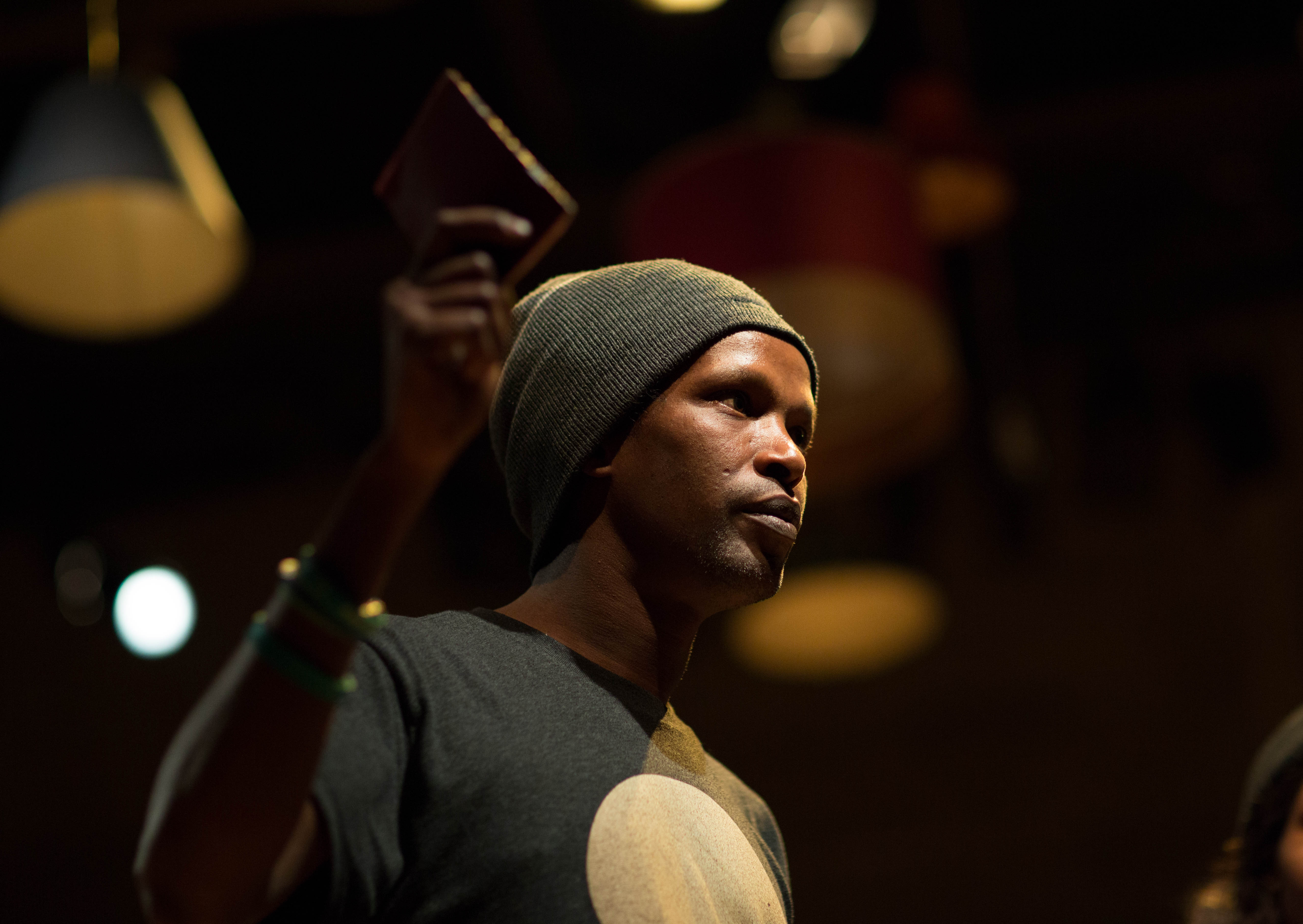 Abdi Ali in Go Between at the Young Vic. Photo by Jordan Lee.
Abdi Ali in Go Between at the Young Vic. Photo by Jordan Lee. How did you learn English? Just from the people around you?
I have never been to school. The only formal education I have had is only about 2 or 3 years in my entire life. I have learned it all myself. When I lived in the squat there were a lot of clever people in there, and they helped me a lot and taught me how to… and you can tell by the fact the way I write and the way I speak are very different. And a lot of people when I talk to them are like “what university did you go to” and I say I never even went to college let alone university. Because I have been here 27 years you know, and you know I think what helped me was because I travelled most of my life, and I like spoke different languages, so it’s easy to learn languages.
And what made you take part in Go Between?
I was working at St Mungo’s and I met John, and he told me he was doing this project, and he thought I might enjoy it so that’s why I came– and I have always liked theatre. When I worked for Nacro, we used to get a lot of tickets from this small theatre in Shepherds Bush, The Bush, and we used to go there with some of the young people I used to work with and I kind of enjoyed it, I really enjoyed it. I want to do more - I think it helped me in terms of my confidence and stuff like that. It’s good, I enjoyed it.
How did you find telling some of your story on stage?
I am constantly telling people. I never stop talking about it. My missus tells me Abdi, we have had enough of your stories. Let’s talk about something else.
And yeah it’s not… in a way it’s therapeutic to talk about it and get it out.
Refugee Week runs 19 - 25 June 2017. Find out more about the events going on in your neighbourhood. #OurSharedFuture
